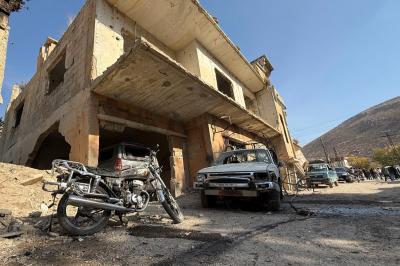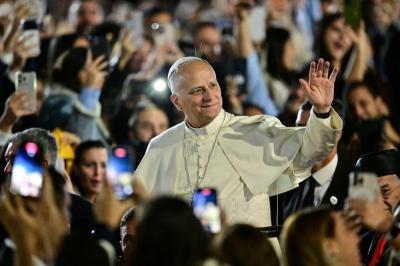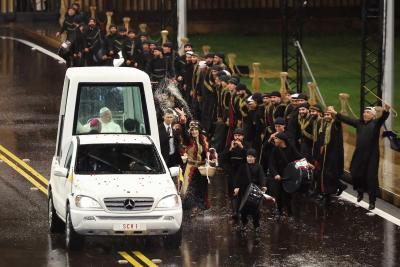No observer following the developments in the Middle East can separate the fate of the Gaza Strip from that of Lebanon, or overlook how the outcome of the former will inevitably shape the latter — whether in peace or in war. Lebanon’s crisis is now directly tied to a broad regional and international consensus — Arab, Western, and Islamic alike — that the country’s weapons must be confined to the legitimate authority represented by the state and its government through the Council of Ministers.
Israel, for its part, insists on treating Gaza and Lebanon as distinct fronts, warning that it will turn to addressing “Hezbollah’s” arsenal once the Gaza file is settled under the terms of U.S. President Donald Trump’s plan. Yet the international and Arab community — led by the United States and Saudi Arabia — is keeping Lebanon under close observation, almost in an “intensive-care unit,” to spare it from a military confrontation. The strategy rests on two parallel tracks: political pressure on Iran to hand over “Hezbollah’s” weapons, and financial and logistical support for the Lebanese Army. The first tangible sign of this support came with a U.S. grant of $230 million to Lebanon’s military institutions. Once the disarmament phase begins, reconstruction, aid, and investment will follow.
This same international-Arab framework is guiding the negotiations over Gaza through the Sharm el-Sheikh talks, which now include not only Arab but also Islamic states such as Turkey — all contributing to the success of Trump’s Gaza plan and, by extension, the forthcoming Lebanese settlement. Previously, the talks were limited to five parties — Israel, Hamas, Egypt, Qatar, and the United States. Today, however, nearly every country is involved, either by attendance or endorsement, marking an unprecedented Arab-Islamic-international convergence that is expected to expand soon to Lebanon’s file. Iran, seeking to escape isolation, has even joined this consensus, publicly backing Trump’s initiative.
Tehran’s rush to secure itself a seat — even a symbolic one — at the peace table has echoed within “Hezbollah.” The party’s leadership was forced to backtrack after Deputy Secretary-General Sheikh Naim Qassem hastily rejected the plan. “Hezbollah” later issued a statement aligning itself with Hamas’s acceptance of the proposed settlement. This confusion inside the party mirrors Tehran’s own hesitation, as both try to avert a major Israeli strike already foreshadowed by targeted assassinations and precision attacks on weapons and training sites in southern Lebanon and the Bekaa.
Eyewitness reports from within the party’s own ranks suggest that limited handovers of arms and positions — discreet and off-record — have already begun in parts of the Bekaa and the South. This would explain the ongoing blackout surrounding the Lebanese Army’s first report to the Cabinet on the progress of the disarmament plan. Leaks from that report indicate that a few sites south of the Litani River have been dismantled, while most remain under review — a sign of the party’s lingering reluctance, and perhaps its hope for last-minute changes that could spare it from the state’s plan.
At the same time, the repeated declarations by its leaders that “Hezbollah” has recovered militarily and organizationally, and is ready to fight again, provide Israel with yet another pretext before the international community — and the “mechanism” committee — to justify a potential new military operation. The absence of any global sympathy for Iran and its Lebanese arm, in stark contrast to the overwhelming solidarity with Gaza, only reinforces this risk.
Between these competing maneuvers — political and military, regional and local — Lebanon now finds itself in a temporary international-Arab-Islamic “quarantine.” Like a patient placed in medical isolation, the country awaits transfer to a recovery ward — one free of the rhetoric of “victories” won atop a pole or a rock.
According to members of the delegations supporting Prime Minister Nawaf Salam, this quarantine period will not last long; Lebanon’s exit from it is expected within weeks, not months. Attempts to exploit supposed rifts between President Aoun and Salam, or to curry favor with the army’s leadership, will change nothing of what has already been written, decided, and sealed. What the presidential oath, ministerial statement, and the August Cabinet resolution joined together under Arab and international supervision cannot be undone by any demagogue clinging to illicit arms.
Please post your comments on:
comment@alsafanews.com
 Politics
Politics













